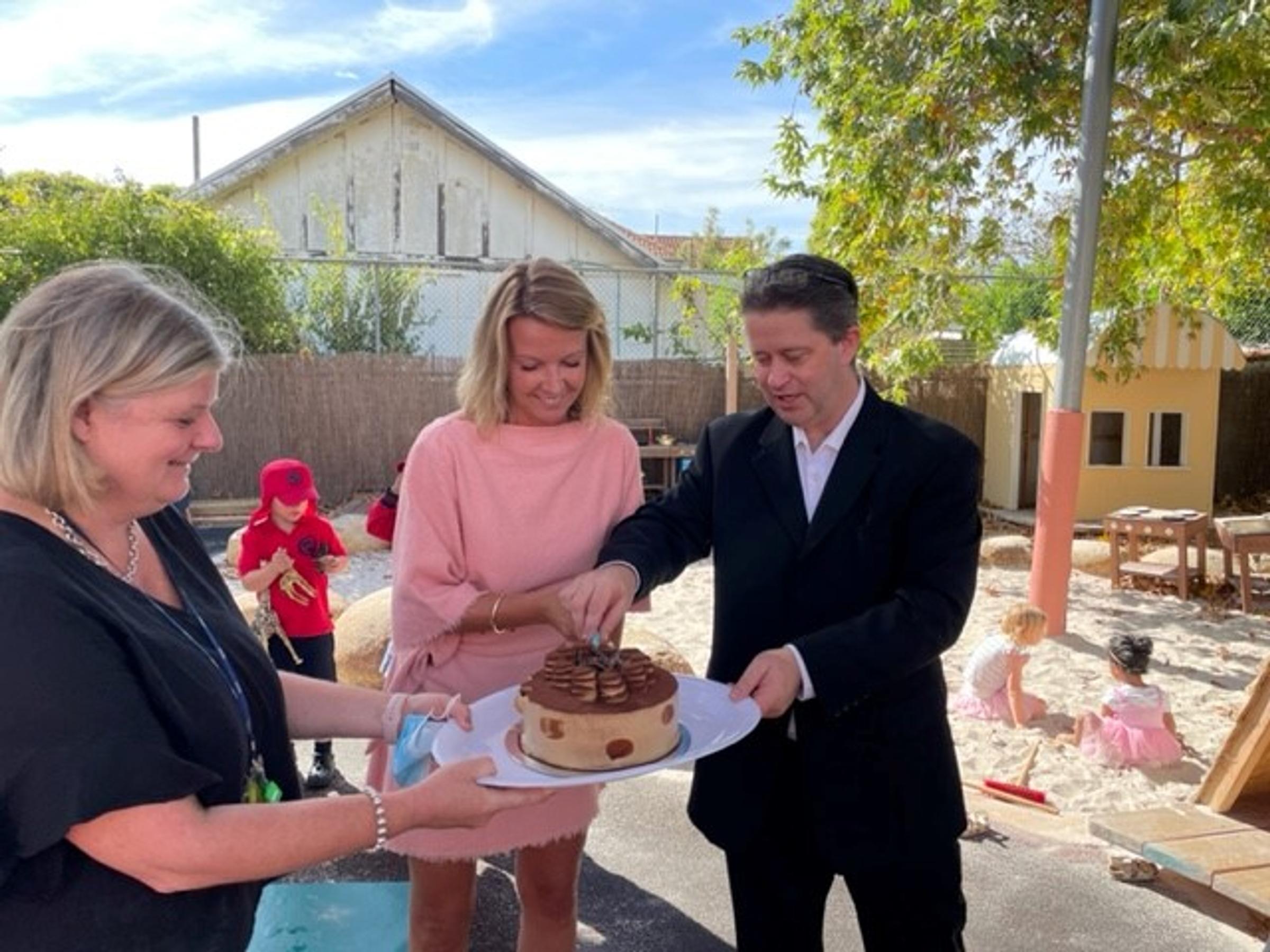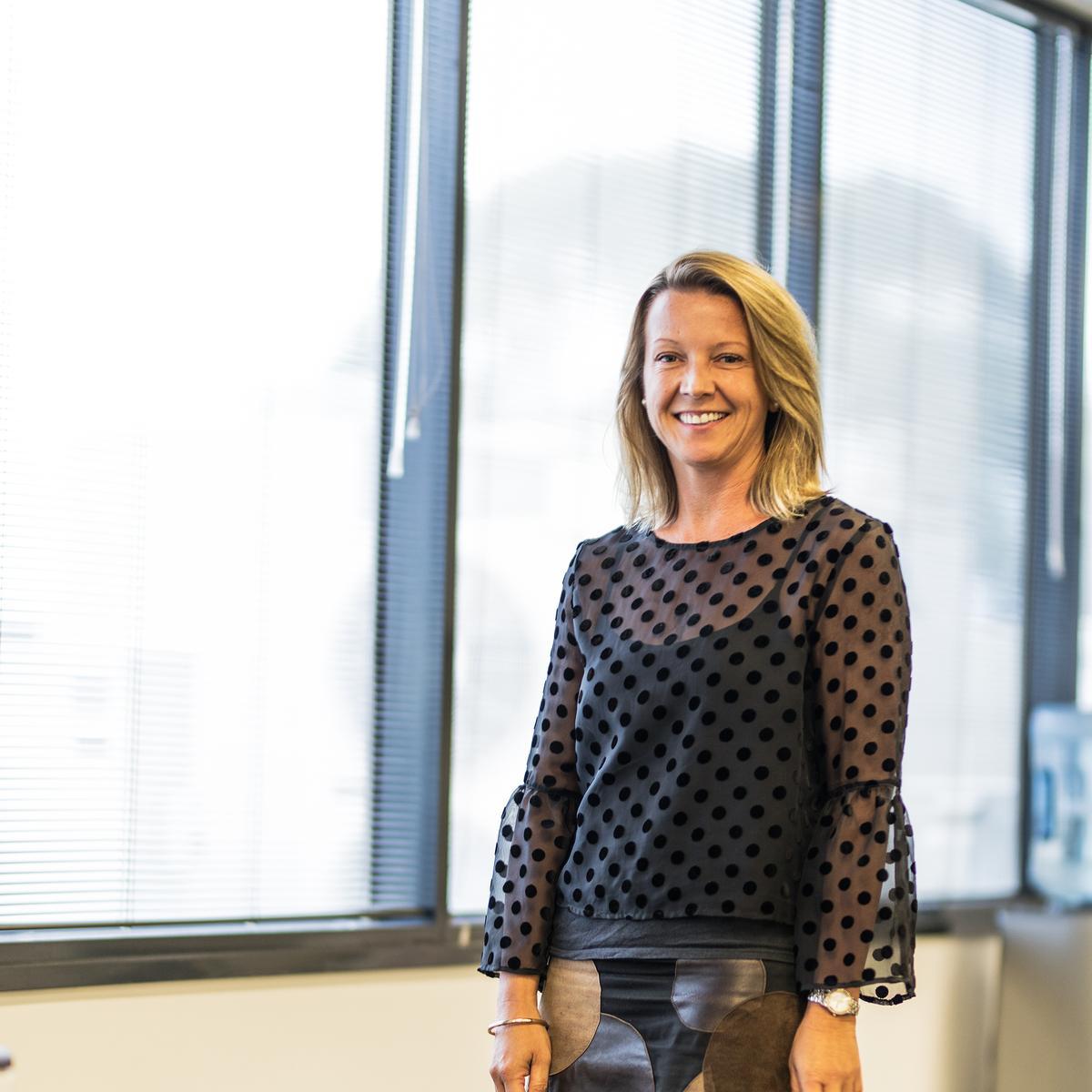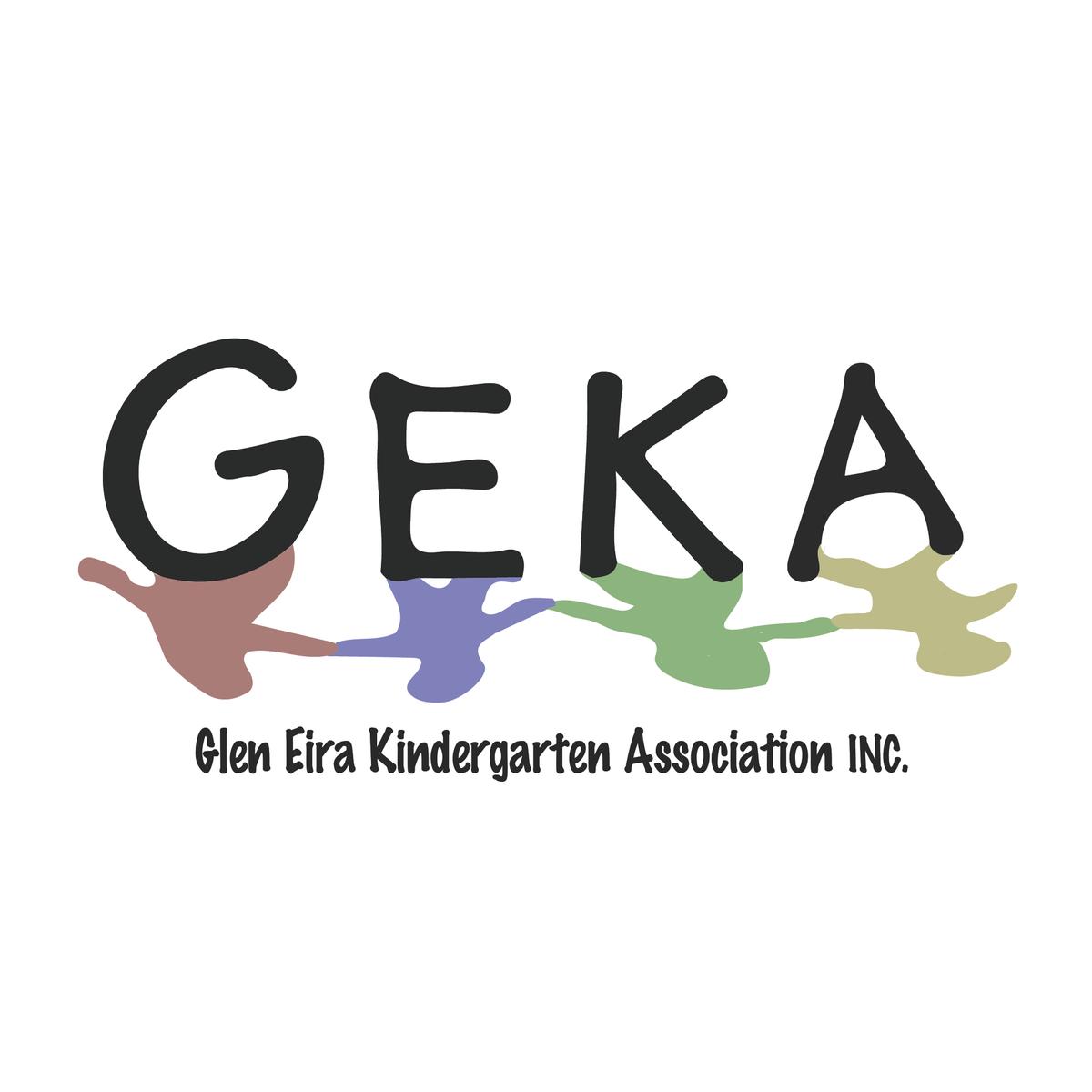CEO Report

CEO: Samantha Kolasa
It has been wonderful to see our new and returning families at the kindergartens throughout term one. After two years of lockdowns, hearing the laughter and chatter of children again as they learn and play freely is something we have missed here at GEKA.
Whilst we are all adapting to ‘COVID normal’, our educators have been amazing in supporting children and families throughout this term – and indeed – the last two years. I hope that you have all benefitted from their wisdom and experience, and that your questions have all been answered.
As parents, we want to do what is best for our children. There is a great deal of anxiety around how we can best support our children and assist in their transition out of lockdown. Half of their life has been spent exposed to a pandemic. Here are some ideas to help them adjust and build resilience:
- Renegotiate routines
Like adults, children are likely to have established quite different routines during lockdown. They may have also become accustomed to more screen time than usual. To ease the transition to a regular routine, it is worth making slow adjustments like getting up and going to bed at a more consistent time. Parents can support autonomy by negotiating new routines with their child.
- Allow time for adjustment
Starting kindergarten may bring uncertainty, excitement, fatigue, or other big emotions. Some children may seem particularly tired, while others may be more sensitive or less tolerant than usual.
Don’t worry if your child seems to experience more ‘big’ emotions at home than at kindergarten: this likely means that home is a safe place to return to. Help children to name any negative emotions that arise, such as frustration, and gently coach them to consider other ways of expressing themselves.
- Acknowledge children’s worries
Children may have specific worries related to COVID-19, to forming or changing friendships, or to just being at kindergarten. They may also experience separation anxiety after extended periods of having their families as their only source of social connection.
If your child raises concerns about whether they will be safe going to kindergarten, it is useful to provide simple, factual and age appropriate information about COVID-19, while providing gentle reminders that the adults around them are there to help them stay healthy. Adopt a problem-solving approach: helping children to focus on what they can control, rather than worrying about things that are outside our control.
Regardless of the source of their worries, it is important to acknowledge and validate your child’s feelings. You can point out that many children may be feeling the same way, and that their concerns are understandable. At the same time, remaining calm and focusing on the positive aspects of attending kindergarten can help to relieve some of their concerns.
- Empathy is critical
Every child has experienced lockdown differently. Consequently, each child will have different feelings about leaving the home and going to kindergarten. Help your child to understand that everyone is unique, with different thoughts and feelings. This will help them to be a good friend.
If your child has been in a ‘friendship bubble’ with only a small number of other friends, encourage them to include those who have not. Being empathetic towards others and acknowledging how they are feeling will not only help your own child socially, but those around them.
- Be optimistic
Remember that most children adjust well when faced with new challenges. Parents can prompt children to remember what they enjoy most about leaving the home – whether this is going to kindergarten, participating in extracurricular activities, or just going to the supermarket. Reminiscing about funny stories or enjoyable events that children have experienced can work wonders to create resilience and optimism.
As term one draws to a close, I wish you all a very happy holiday period. We have some very exciting things ahead, and in GEKA’s 10th year, we look forward to sharing these with you.


